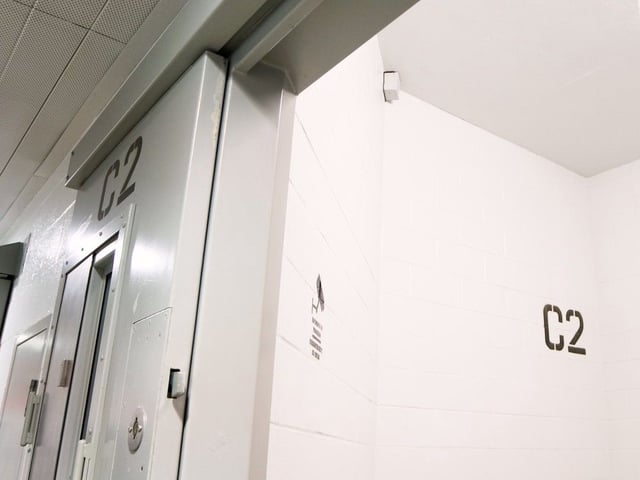Overview
- The service began installing radar scanners in adult and youth detention cells in March as a pilot program
- The non-contact technology detects heartbeat variability and breathing anomalies through clothing, blankets and mattresses
- Surrey disclosed that a Toronto-based vendor provided the system for $36,000 plus a $1,000 monthly support fee
- Chief Const. Norm Lipinski described the initiative as a more humane and potentially life-saving response to health crises in custody
- While other Canadian police forces have adopted similar scanners, Surrey has not released any performance or oversight data

